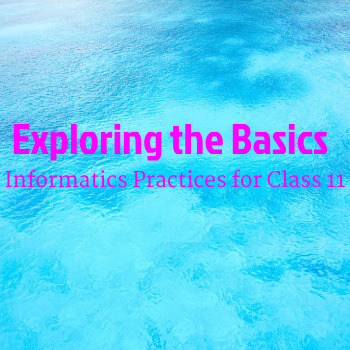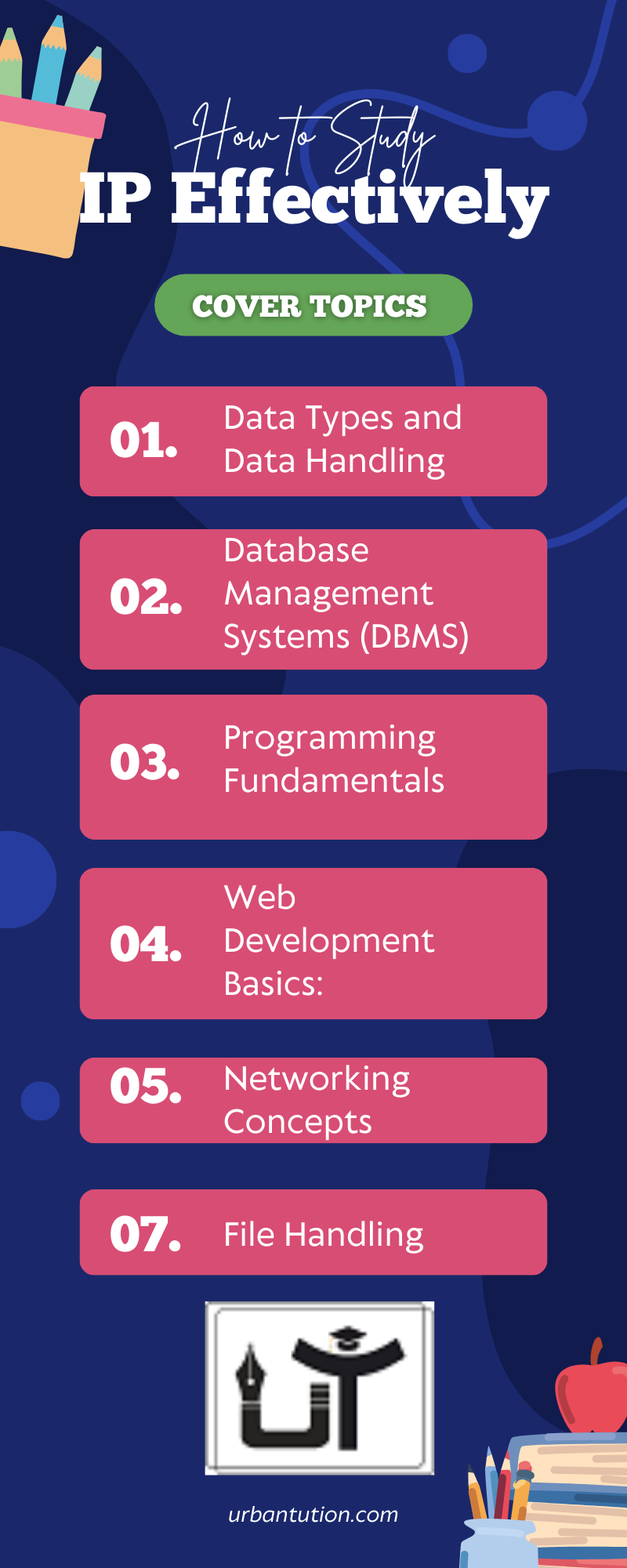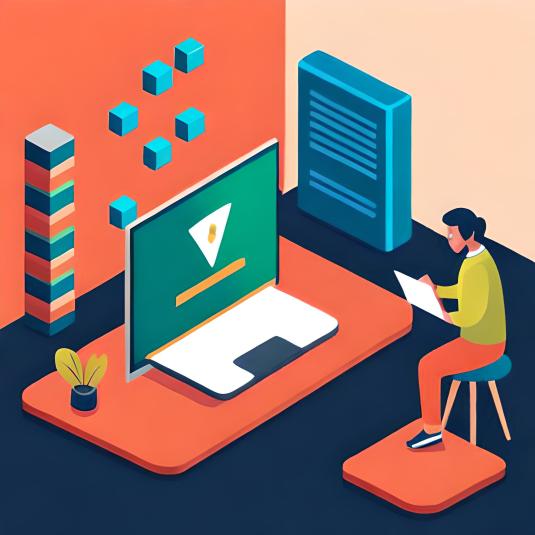
26
Sep 2023An Introduction to Informatics Practices for Class 11: Exploring the Basics
Description
In today's digital age, the field of Informatics Practices holds immense significance as it equips students with essential skills to navigate the world of technology, data, and programming. Whether you're a student entering Class 11 or simply curious about the subject, this blog will provide you with a comprehensive introduction to Informatics Practices and its fundamental concepts.
Understanding Informatics Practices:
Informatics Practices, often referred to as IP, is a subject that bridges the gap between computer science and real-world applications. It encompasses a range of topics that empower students to understand, analyze, and manipulate data, develop computer programs, and explore the intricacies of information systems. The subject offers insights into both theoretical concepts and practical applications, making it highly relevant in today's tech-driven society.

Key Concepts in Informatics Practices:
- Data Types and Data Handling: One of the foundational aspects of IP is data. Students learn about various data types, including integers, strings, and floats, and how to manipulate and organize data using arrays, lists, and other structures.
- Database Management Systems (DBMS): DBMS forms the backbone of modern applications. Students are introduced to the fundamentals of database systems, learning how to design, query, and manage databases effectively.
- Programming Fundamentals: Informatics Practices provides a platform to learn programming languages like Python. Students start with the basics of coding, understanding variables, control structures, and functions.
- Web Development Basics: As the internet continues to shape our world, web development becomes a crucial skill. Students explore the essentials of HTML, CSS, and JavaScript, enabling them to create basic web pages.
- Networking Concepts: Understanding networks is pivotal in today's connected world. Informatics Practices introduces students to network fundamentals, network topologies, and the basics of internet protocols.
- File Handling: Learning how to work with files is essential for data storage and retrieval. Students delve into file operations, understanding how to read, write, and manipulate files.

Why Study Informatics Practices:
- Real-World Applications: The skills acquired in Informatics Practices are applicable in various fields. From business analytics to software development, these skills can open doors to diverse career paths.
- Problem-Solving: IP encourages critical thinking and problem-solving. By tackling programming challenges and data analysis tasks, students enhance their logical reasoning skills.
- Preparation for Higher Education: For students interested in pursuing computer science or related fields in higher education, Informatics Practices provides a solid foundation.
- Digital Literacy: In a technology-driven world, digital literacy is a must. Informatics Practices empowers students to become tech-savvy and confident in utilizing digital tools.
Informatics Practices for class 11
Informatics Practices for class 12
See also:-
In conclusion, Informatics Practices in Class 11 serves as a launchpad for understanding the world of data, programming, and technology. By covering an array of topics, from databases to programming, it equips students with skills that are not only relevant but also highly sought after in today's job market. Whether you aspire to be a programmer, a data analyst, or simply wish to grasp the fundamentals of the digital world, Informatics Practices is your gateway to exploration and discovery.
FAQs
Q1: What are the key concepts covered in Informatics Practices?
Informatics Practices covers a range of topics, including data types and handling, database management systems, programming fundamentals (Python), web development basics (HTML, CSS, JavaScript), networking concepts, and file handling.
Q2: How does Informatics Practices prepare students for real-world applications?
IP provides practical skills that are widely applicable. From analyzing data to developing websites, these skills are sought after in industries like business, technology, and science.
Q3: Are there practical applications of Informatics Practices?
Yes, Informatics Practices is about real-world application. You can apply these skills in fields like data analysis, web development, software programming, and more.
Q4: How does Informatics Practices benefit my problem-solving skills?
Working with data, coding, and practical tasks in IP enhances logical thinking and problem-solving abilities. It challenges students to approach challenges systematically.
Q5: Is Informatics Practices relevant beyond the classroom?
Absolutely. The digital skills and understanding of technology gained through Informatics Practices are relevant in almost every aspect of modern life, both professionally and personally.
Read Also:-
Online IP Tuition: The Future of Informatics Practices Learning
The Ultimate Guide to Choosing the Right Informatics Practices (IP) Tutor : Qualities to Look for
Why Invest in an Informatics Practices Tutor for Class 11 and 12?



